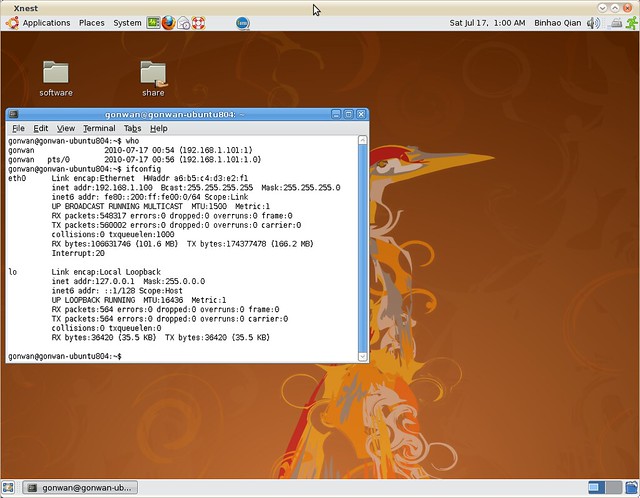Apt-get Install Gdmsetup

If any single program defines the Debian Linux project, that program is apt-get. Apt-get is Debian's main tool for installing and removing software. Working with the.deb package format, apt-get offers sophisticated package management that few Red Hat Package Manager RPM-based distributions can match. Besides the convenience, an advantage of apt-get is that it reduces the chances of falling into dependency hell, that limbo where software installation fails for lack of another piece of software, whose installation fails for lack of another piece of software, and so on.
If you know how Debian's archive system works, and how to choose the sources that apt-get uses, and use a few precautions in your upgrades, then the chances are that dependency problems will never bedevil you. Should you descend into dependency hell anyway, apt-get offers useful tools for climbing out of it. Knowing the Debian archives Most of the time, apt-get works with the Debian online archives, downloading packages from the Internet and installing them. More than 200 official mirror sites exist, as well as dozens of unofficial ones.
Depending on which Debian-based distribution you are using, repositories are either entered automatically or selected by you during installation. You can get a complete list of official archives from the. Many unofficial archives are available at, including backports to earlier versions of Debian; experimental, the archive for new and untested packages; and archives for Debian-compatible versions of Java. You use these unofficial archives, needless to say, at your own risk.
Each archive is for one of the three basic Debian distributions, each named after a character in the movie 'Toy Story.' Stable (codename woody) is the oldest, most tested and reliable version of Debian. Keiko The Untold Story.
Notoriously, it is usually long out of date, but, if you're setting up a server or want absolute safety, it's the one to choose. At the opposite extreme, unstable (codename sid) contains all the latest versions of software that have been minimally tested by Debian developers. Although usually reliable, unstable can cause dependency problems on any given day. For that reason, many users prefer to use testing (sarge), seeing it as a balance between the dependability of stable and the timeliness of unstable. Many run mixed systems consisting of testing with a dash of unstable packages. Each archive is further divided into areas listed as directories in the sources list.